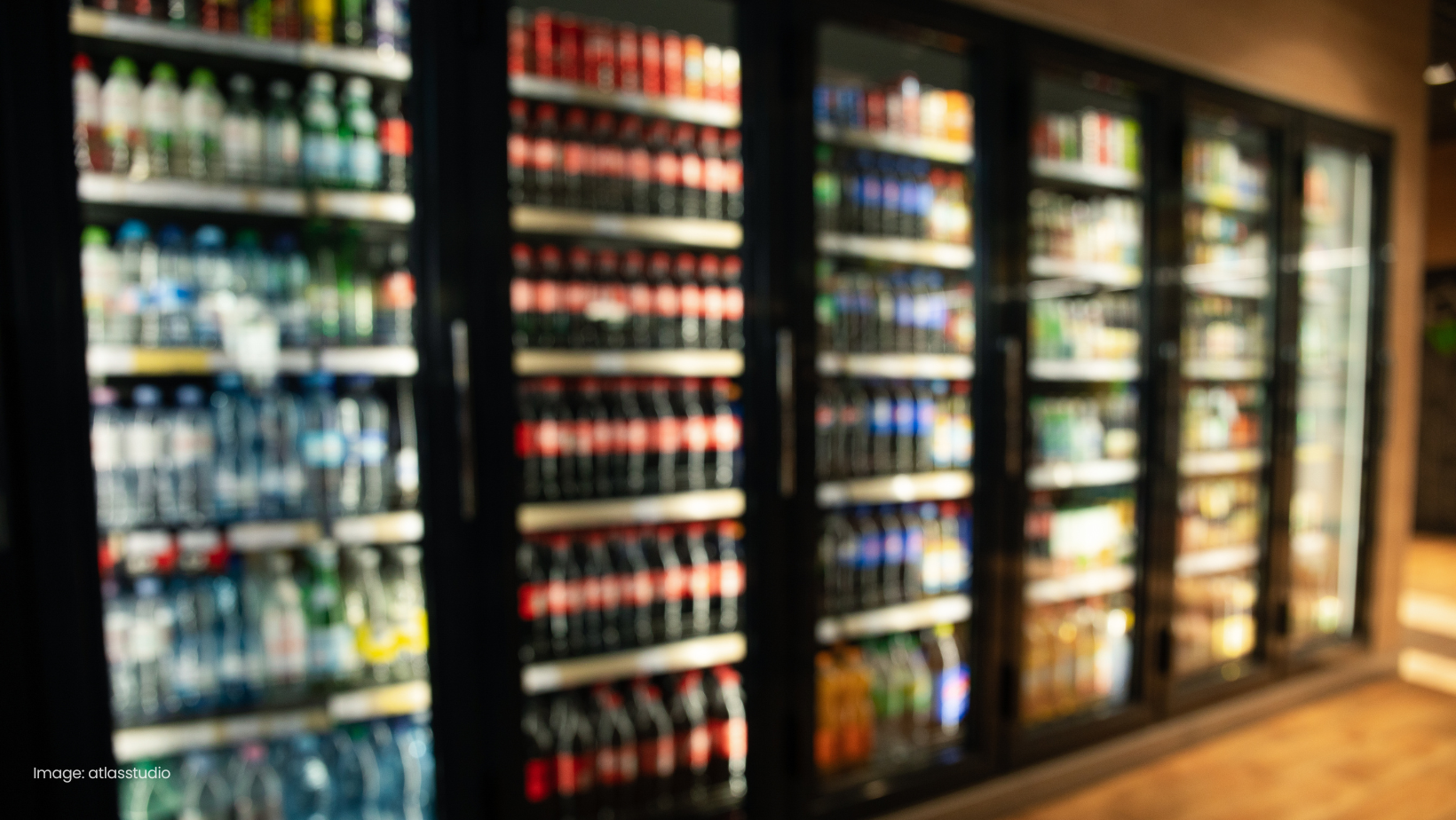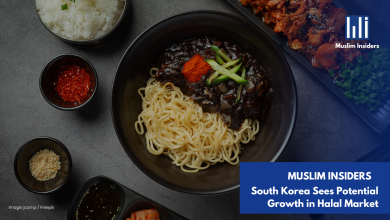
So far this year, there have been approximately three instances reported by the Ministry of Domestic Trade and Consumer Affairs (KPDN Perak) regarding the misuse of invalid halal logos in Malaysia. Among these cases are the production of salted salmon skin eggs, grinded chillies and the manufacturing of snack products at certain premises.
The foods might be Halal, but the source is unknown
Even if foods have a Halal logo, we can’t be sure of their source if the logo isn’t certified. While the logo might suggest the food meets Islamic dietary laws, it’s essential to ensure the certification comes from a trusted authority. Without proper certification, there’s doubt about the authenticity of the Halal claim and the sourcing of ingredients.
This uncertainty can affect the halal status of the product. Therefore, it’s important for consumers to verify the credibility of the certification to be confident in the halal integrity of the foods they choose.
How to recognize the halal logo from JAKIM?
Entrepreneurs or business owners are advised to apply for Malaysia Halal Certification (SPHM) from the recognized authority as it will declares the halal status of a product and/or service.
According to the Halal Malaysia Office Portal, those that issued the halal logo are the Department of Islamic Development Malaysia (JAKIM), State Islamic Religious Departments (Jain), and State Islamic Religious Councils (MAIN). The criteria for the logo should be:
- Roman alphabets of the words ‘Malaysia’ and ‘Halal’ in capslock.
- Arabic letters of the word Malaysia on the bottom and Halal at the centre.
- A star with 8-point edges at the center of a circle surrounding arabic and roman letters of the word ‘Halal’
- Two small stars with 5-point edges on the left and right side of logo
International halal logos that recognized by JAKIM
The compilation of international halal logos recognized by JAKIM serves important purposes and offers benefits. It provides clarity and assurance to consumers in Malaysia about the halal status of imported products.
As of June 2023, JAKIM has recognised 84 Foreign Halal Certification Bodies (FHCB) from 47 countries. However, according to the latest update, FHCB for Belgium is withdrawn but is able to export their products to Malaysia if they acquire halal certification from other recognized certification bodies in Belgium or from nearby countries.
Halal Focus has compiled a comprehensive list of halal logos from various countries that are officially recognized by JAKIM, as of March 17, 2023. It can be found here.
What should you do if you find a strange-looking halal logo?
If any sellers or businesses are found using an uncertified halal logo, consumers in Malaysia are advised to report it either on WhatsApp (019-848-8000), the KPDN Hotline (1-800-886-800), the EZ ADU KPDN mobile apps, or the KPDN website.
As consumers, it’s essential to be vigilant and aware of the products we buy. If you come across a Halal logo that looks suspicious or unfamiliar, take the time to verify its authenticity. This not only ensures the integrity of the Halal claim but also helps protect the community from fraudulent practices.




